Waze CEO admits that its algorithm is sending users awry
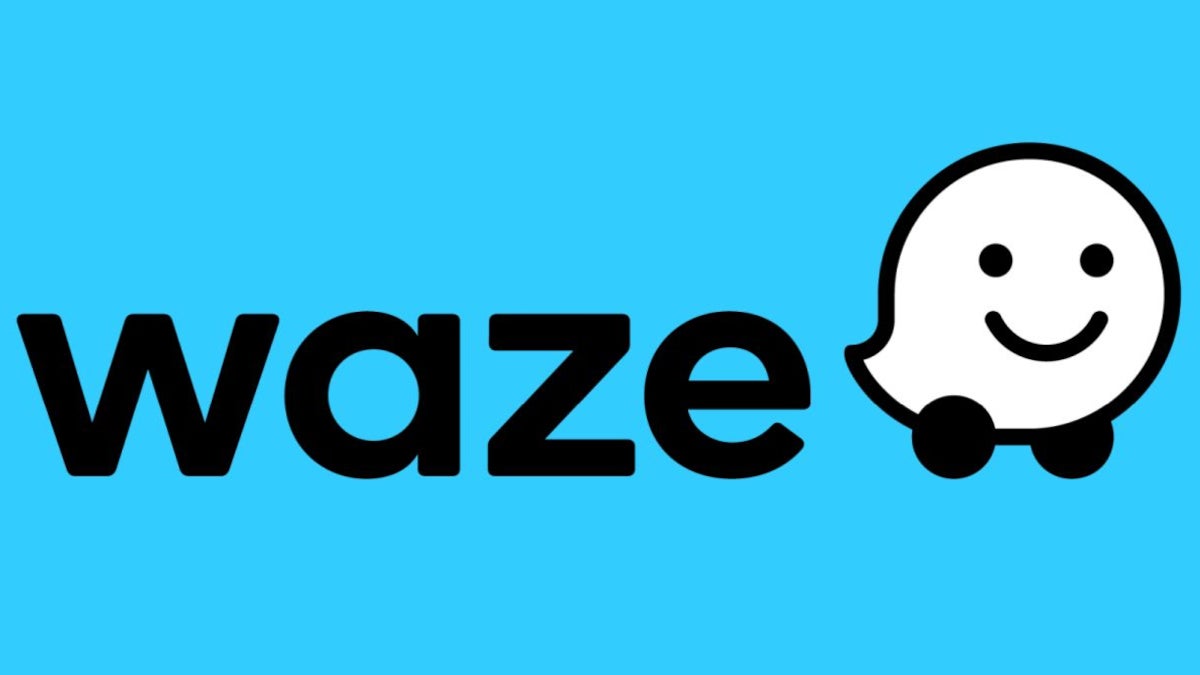
Alphabet subsidiary Google not only owns Google Maps but it also is the owner of Waze. The latter is a navigation app that uses algorithms based on historical traffic patterns and crowd-sourced information from users to safely take users on the fastest route between point "A" and point "B." According to media reports out of Israel where Waze was founded, the navigation app has been giving travelers incorrect directions and has accidentally sent some of its 1 million Israeli users directly into the heart of a traffic jam.
Waze CEO Guy Berkowitz admitted that "We have a problem with the algorithm. The more people we serve, the more it’s affected. The coronavirus has put us in a situation where we have to reinvent our algorithm." This is due to huge increases in traffic on the roads in the country.
A change in traffic patterns in Israel has screwed up Waze's algorithm leading to incorrect directions
During the pandemic, there was no traffic on these roads. Now that Israelis are no longer staying at home, the traffic patterns are completely different and these changes are affecting the algorithm used to compute the fastest route between two points.
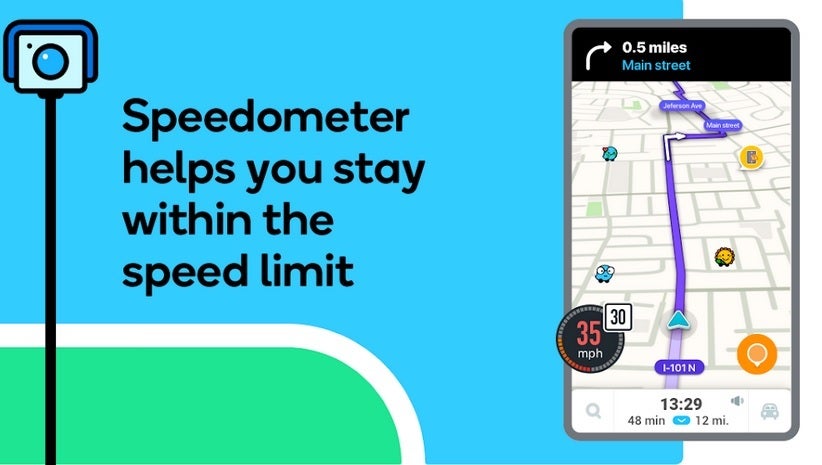
The speedometer, found first on Waze, is now part of Google Maps
Berkowitz said, "The history of the road – which is part of our algorithm – no longer reflects reality. Think of a road whose history shows that there are no traffic jams, and today it is full. So the coronavirus has killed our history and the algorithms need to change and give much more weight to what is happening in real time – and this is not always true, because the way we direct you is not necessarily the short or fast way, but the Waze way."
Several Waze users have complained that they were rerouted to cities far out of their way with come complaining that the app "just went crazy." Road traffic in Israel during the first two weeks of October was 23% higher than pre-pandemic levels according to a report that cited Waze for this information. The gain in road traffic reportedly was due to people worried about taking public transportation because of the virus, and because of work being done on the roads.
Google purchased Waze in 2013 for a price in the range of $1.03 billion to $1.30 billion. Over the subsequent years, Google has taken some of the best features from Waze and has added them to Google Maps. This includes allowing Google Maps users the opportunity to report accidents and speed traps.
Over the years many have wondered why Google just didn't shut down Waze after making the purchase; this would eliminate one Google Maps competitor. In 2019, when Google brought Waze's incident report feature to Maps, there was talk that Waze was being slowly killed off. But that doesn't seem to be the case and in Israel alone Waze has over one million users.
Waze makes money by selling hyper-local ads
And it isn't as though Google has stopped improving Waze. Just last week, we told you that full dark mode has been added to Waze. While the maps used on Waze already had the capability of using Dark Mode, the latest update allows a user to enable dark mode on the entire app including the settings menu.
Waze is still making money for Google by selling hyper-local ads to businesses. A company paying $60 per month will reach an estimated 30,000 Waze users while laying out $30,000 per month will allow a company to reach as many as 1.5 million Waze users. One difference between Waze and Google Maps is that the former has a focus completely on navigation so that while Waze takes you from point "A" to point "B," Google Maps tells you where you should go once you get there.
With Waze, users can get turn-by-turn directions from celebrities (Boy George is a current option) and you can even arrange to record your own voice and receive directions from yourself.
So far, the current problems facing Waze seem to affect users in Israel only. If you live elsewhere and want to give the app a shot, you can install it from the App Store or the Google Play Store.
Follow us on Google News








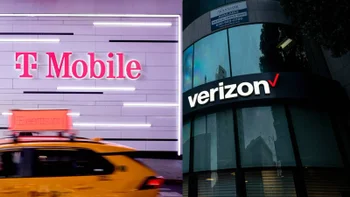
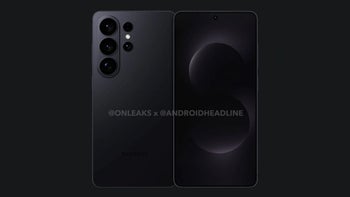
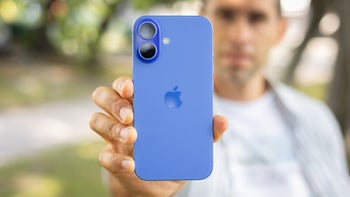
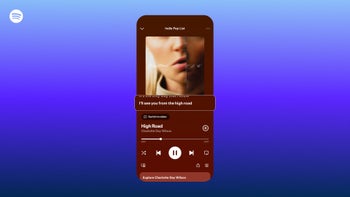

Things that are NOT allowed:
To help keep our community safe and free from spam, we apply temporary limits to newly created accounts: